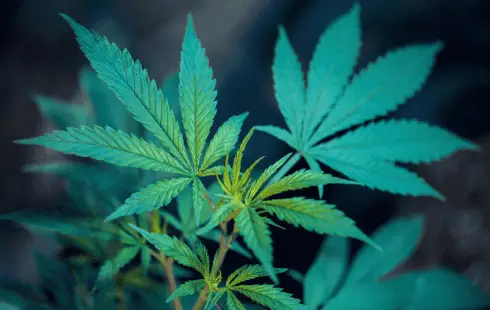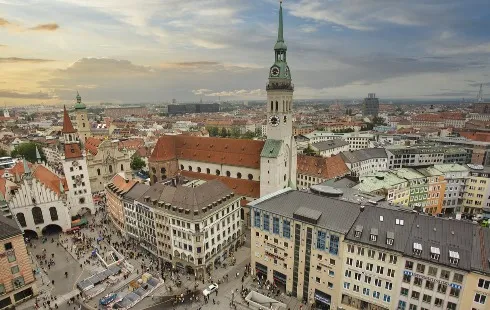
Gonadorelin Peptide: A Gateway to Understanding Endocrine Dynamics
Section: Science
 The cannabis legalization planned by the coalition violates EU law, according to a study by the Bundestag's Scientific Service. In an analysis for CSU health politician Stephan Pilsinger, which is available to the editorial network Germany and the German Press Agency, the Bundestag experts cite European treaties to which Germany is bound and which stand in the way of legalization.
The cannabis legalization planned by the coalition violates EU law, according to a study by the Bundestag's Scientific Service. In an analysis for CSU health politician Stephan Pilsinger, which is available to the editorial network Germany and the German Press Agency, the Bundestag experts cite European treaties to which Germany is bound and which stand in the way of legalization.
In the coalition agreement, it is agreed to introduce a "controlled distribution of cannabis to adults for consumption purposes in licensed stores." Preparations for the legislative process are currently underway. The Federal Drug Commissioner, Burkhard Blienert (SPD), had announced a draft law for the end of this year or the beginning of next year.
According to the Scientific Service, the so-called EU Framework Decision of 2004 stipulates that each member state must criminalize, among other things, the production, offering, sale, delivery, and import and export of drugs - if these intentional acts have been carried out without proper authorization. In addition, the intentional, unauthorized cultivation of the cannabis plant, among other things, must be made a punishable offense. The same applies to the possession or purchase of drugs. According to a 1971 convention, the term drugs also includes cannabis. The member states should take action against the above-mentioned crimes "with effective, proportionate and dissuasive criminal sanctions."
The Scientific Service also refers to the so-called Schengen Protocol. In it, the contracting countries, including Germany, had committed themselves to "prevent the illicit export of narcotics of all kinds, including cannabis products, as well as the sale, procurement and distribution of these substances by administrative and criminal means."
In another paper, the experts of the Scientific Service point out that the Netherlands cannot serve as a model for Germany. There, the "Opium Act" still applies, which makes the cultivation, sale and possession of cannabis a punishable offense. However, possession and sale of smaller quantities is "de facto decriminalized," he said. "In all cases where a user is found with drugs, they are confiscated by the police - even if the quantity is within the tolerance range presented." The sale of cannabis is "formally illegal," he said, but is not prosecuted within the tolerance limit. Cultivation and acquisition of larger quantities of cannabis continue to be fully criminalized.
Pilsinger told dpa that the elaborations show that the legalization of cannabis envisaged in the coalition agreement would not be legal. Simply tolerating cannabis, as is being done in the Netherlands, cannot and should not be an option for Germany. "The protection of minors must always be a top priority for us in Germany, as well as pushing back and fighting the black market."
Photo by Roberto Valdivia

Section: Science

Section: Health

Section: Arts

Section: Health

Section: Science

Section: News

Section: News

Section: Health Insurance

Section: Health

Section: News
Health Insurance in Germany is compulsory and sometimes complicated, not to mention expensive. As an expat, you are required to navigate this landscape within weeks of arriving, so check our FAQ on PKV. For our guide on resources and access to agents who can give you a competitive quote, try our PKV Cost comparison tool.
Germany is famous for its medical expertise and extensive number of hospitals and clinics. See this comprehensive directory of hospitals and clinics across the country, complete with links to their websites, addresses, contact info, and specializations/services.
Join us for an electrifying evening with the Marion & Sobo Band on Wednesday, August 6, 2025, from 20:00 to 23:00 at the Festzelt am Volksfestplatz in Unterschleißheim. This dynamic band, comprising talented musicians from Germany, France, and Poland, brings a fresh blend of world music and...



No comments yet. Be the first to comment!